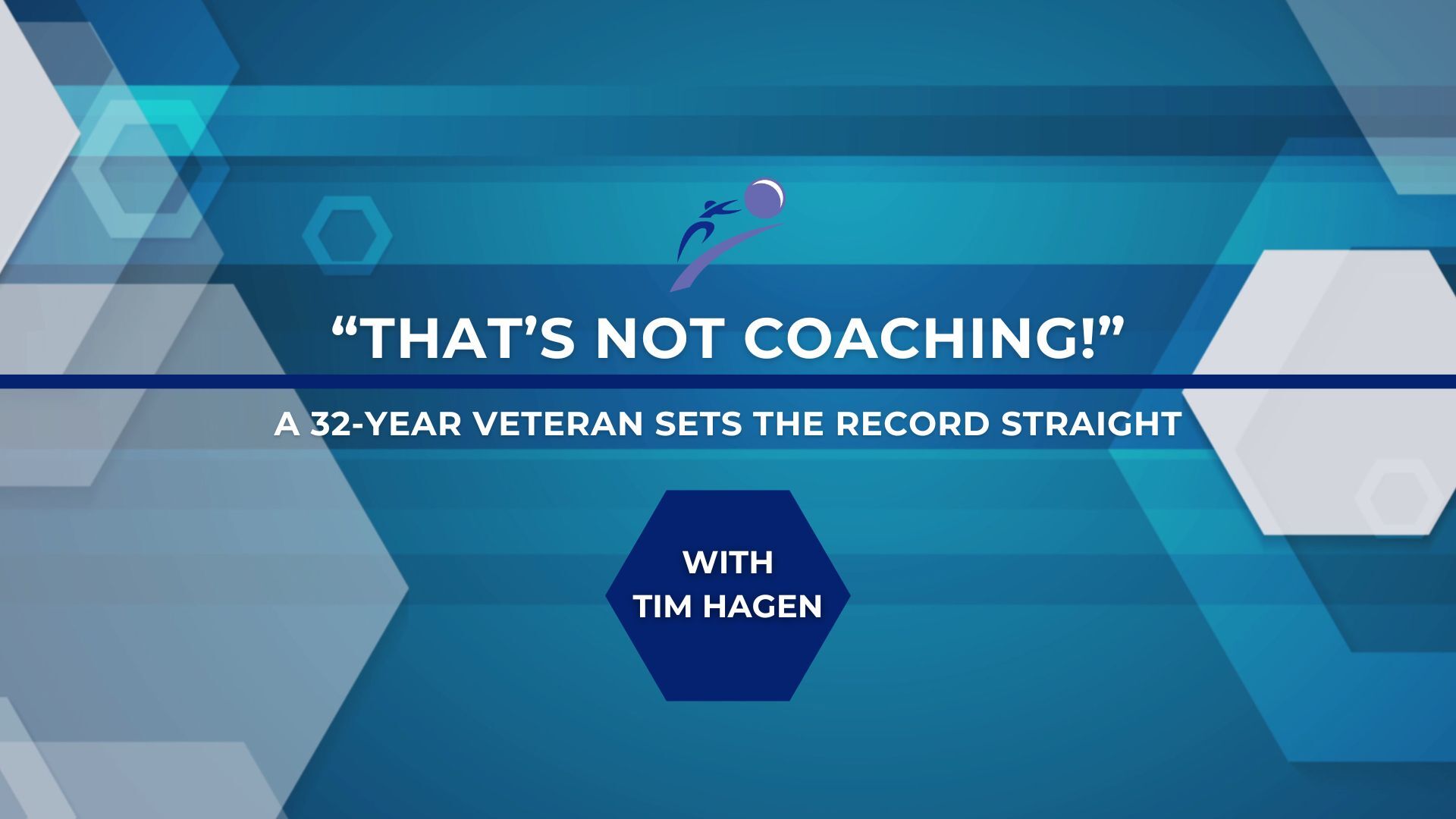Coaching is the new leadership. The days of leaders commanding and demanding people with little to input are way behind us. People crave strong leaders, but they also want an opportunity and a platform to share their ideas and insights.
Coaching leadership is really about asking, learning, developing talent through collaboration and practice, and challenging talent to perform beyond expectations.
Below are strategies that will help organizations create cultures that develop and retain top talent

The old cliché goes, "You cannot improve what you cannot measure". One of the fascinating things to me is that organizations will often use assessment tools such as personality assessments as their primary benchmark tool. Measuring someone's personality does not help measure the culture rather many of these tools provide great insight to how to approach and understand their people but in no way given indicative metrics that help monitor the culture. Second, many organizations will use engagement studies to ascertain feedback from employees that can be representative of management's ability to lead. While these practices are accepted, all too often they are done on an annual basis with little or no follow-up strategically applying coaching practices to drive gaps of performance.

The one major element of coaching and cultures we need to understand more than anything is there are two sides to the equation. First, leaders and managers must lead and coach. Second, the forgotten part of the equation is we have to help employees improve in seeking to be coached. One of the strongest elements of cultures that coach is that everybody views himself as a coach and a leader no matter his or her title. What if organizations taught each and every employee the value of leadership in terms of investing and leveraging one another's strengths?

For lack of better description, feedback can be a loaded gun. It's a crass analogy but one of the strongest attributes of a great coaching leader is to understand the value of feedback and how to give it thoughtfully and with words that are accepting to the person receiving the feedback. In addition, organizations that have strong coaching cultures teach their employees how to seek and receive feedback on an ongoing basis.

For decades trainers would mention the word role-playing and you could hear the verbal discontent along with the rolling of eyes of attendees. We can no longer ignore the value of practice. would we honestly tell someone on Broadway to skip rehearsal and just show up for the live audience? Then why do we think it's okay to let sales teams receive training but not schedule continuous practice sessions? Managers also need to have practice session scheduled so they can learn and apply the art of coaching to expand their sphere of leadership.




